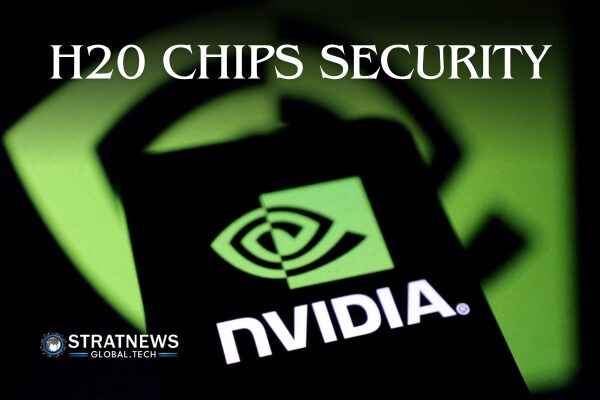China State Media Flags Security Risks in Nvidia H20 Chips
A social media account linked to China’s state broadcaster has raised concerns over the security of Nvidia H20 chips, warning they may contain backdoor access. The comments come after Beijing summoned the US chipmaker to explain potential vulnerabilities.
Claims of Backdoor and Environmental Concerns
The remarks were published on Sunday by Yuyuan Tantian, a WeChat account affiliated with state broadcaster CCTV. The article claimed the H20 chips were neither technologically advanced nor environmentally friendly, in addition to being unsafe.
“When a type of chip is neither environmentally friendly, nor advanced, nor safe, as consumers, we certainly have the option not to buy it,” the piece concluded.
Background on the H20 Chips
Nvidia developed the H20 series specifically for the Chinese market after the United States introduced export restrictions on advanced AI chips in late 2023. The administration of US President Donald Trump banned their sale to China in April amid rising trade tensions but lifted the ban in July.
On 31 July, China’s cyberspace regulator said it had summoned Nvidia to clarify whether the chips contained backdoor risks — hidden methods of bypassing standard security protocols.
Nvidia’s Response to Allegations
Nvidia has repeatedly denied that its products contain any backdoors or remote access capabilities. On Sunday, the company reaffirmed this position, stating its chips “have no backdoors” when asked to comment on Yuyuan Tantian’s claims.
However, the Chinese media article alleged Nvidia chips could perform functions such as “remote shutdown” through a hardware backdoor.
The latest criticism follows comments from People’s Daily, another state media outlet, which earlier this month urged Nvidia to provide “convincing security proofs” to address user concerns and restore trust in the Chinese market.
with inputs from Reuters


